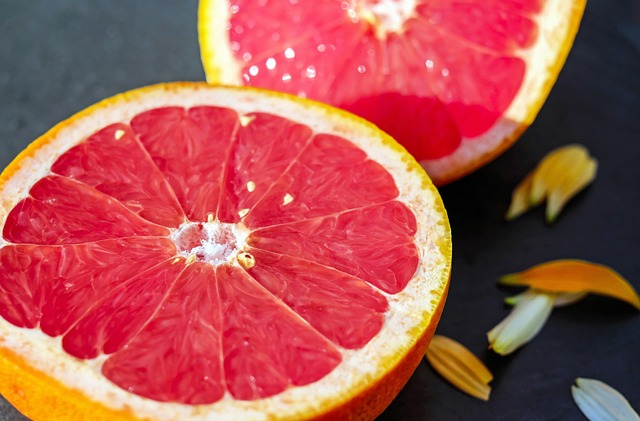Beyond Yogurt: Unleashing the Full Potential of Probiotics for Optimal Health
The Power of Probiotics
Probiotics are live bacteria and yeasts that are good for your health, especially your digestive system. They are often referred to as “friendly bacteria” or “good bacteria” because of their ability to promote a healthy gut flora. While many people associate probiotics with yogurt, their potential goes far beyond that.
The human gut is home to trillions of microorganisms, collectively known as the gut microbiota. These microorganisms play a crucial role in various bodily functions, such as digestion, nutrient absorption, and immune system regulation. When the balance of these microorganisms is disrupted, it can lead to health issues, including digestive disorders, weakened immunity, and even mental health disorders.
Introducing probiotics into your diet can help restore and maintain a healthy gut microbiota, thereby promoting optimal health and well-being. While yogurt is a popular source of probiotics, there are other ways to incorporate these beneficial microorganisms into your daily routine.
Exploring Beyond Yogurt
1. Fermented Foods: Yogurt is not the only fermented food that can provide probiotics. Other fermented foods like sauerkraut, kimchi, kefir, and miso also contain live cultures that support the growth of beneficial bacteria in the gut. Including a variety of fermented foods in your diet can introduce a diverse range of probiotic strains, offering even greater benefits.
2. Probiotic Supplements: If you find it challenging to incorporate enough probiotic-rich foods into your diet, or if you have specific health concerns, probiotic supplements can be a convenient option. They come in various forms, including capsules, tablets, and powders. However, it’s crucial to choose high-quality supplements and consult with a healthcare professional for the right dose and strains suitable for your needs.
3. Prebiotic Foods: Prebiotics are dietary fibers that serve as food for probiotics. They help nourish the beneficial bacteria in your gut, allowing them to thrive and multiply. Foods like onions, garlic, bananas, asparagus, and oats are excellent sources of prebiotics. Including prebiotic-rich foods in your diet can enhance the effectiveness of probiotics and promote a healthy gut environment.
4. Probiotic Skincare: Probiotics not only benefit your gut but can also work wonders for your skin. Skincare products containing probiotics can help balance the skin microbiome, strengthen the skin barrier, and reduce skin inflammation. Look for skincare products labeled with terms such as “probiotic,” “live cultures,” or “fermented ingredients” to harness the potential probiotic benefits for your skin.
5. Probiotics for Pets: Just like humans, animals can also benefit from probiotics. Adding probiotic supplements or specially formulated pet food containing probiotics to your pet’s diet can support their digestive health and strengthen their immune system. Consult with a veterinarian to determine the most suitable probiotic options for your furry friends.
The Benefits of Probiotics
1. Digestive Health: Probiotics can help alleviate common digestive issues such as bloating, gas, and constipation. They restore the balance of gut bacteria, aiding in smoother digestion and efficient nutrient absorption.
2. Immune System Support: A significant portion of the immune system is located in the gut. By maintaining a healthy gut microbiota, probiotics can enhance immune function and help protect against infections and diseases.
3. Mental Well-being: Emerging research suggests a strong connection between the gut and the brain, known as the gut-brain axis. Probiotics may play a role in improving mental health conditions such as anxiety, depression, and stress by modulating the gut-brain communication pathways.
4. Healthy Skin: Probiotics have shown promising results in managing certain skin conditions like acne, eczema, and rosacea. They help reduce inflammation, promote wound healing, and maintain a balanced skin microbiome.
5. Enhanced Overall Health: By promoting a healthy gut environment, prob







